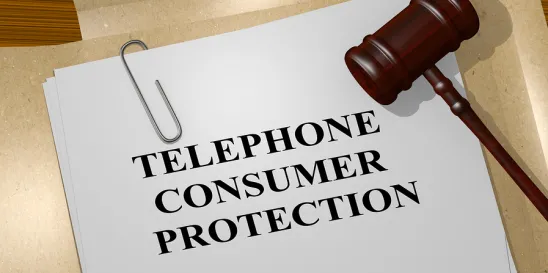So a while back the US Supreme Court correctly determined that mass actions cannot proceed in a state where the action did not take place and where the defendant is not subject to general jurisdiction.
This makes perfect sense for the obvious reason that a forum would lack personal jurisdiction over a defendant in a claim brought by an individual injured outside of the forum.
Backing up, at a high level people and businesses cannot be sued anywhere. They can only be sued: i) where they reside; or ii) in a place where they purposely availed themselves of the jurisdiction in a way that lead to a lawsuit.
So if a company based in Michigan sells a car in Ohio it could be sued in Michigan or Ohio. But if a Plaintiff drives the car to California the company could not be sued in California for an injury to the driver caused by the company.
Make sense?
Well in mass actions a Plaintiff tries to sue a defendant for injuries to a bunch of people all at once. And the Supreme Court has said that’s ok but ONLY if everyone was injured in a way that personal jurisdiction arose. So, for instance, everyone could sue the company in Michigan, but only individuals who bought the car in Ohio could sue in Ohio.
Hopefully this still makes sense.
But class actions, however, courts refuse to apply this VERY SIMPLE doctrine because…well I have no idea why.
The Rule 23 mechanism is NOT designed to trump basic rules of personal jurisdiction–those stem from the constitution for goodness sake. So the idea that class actions are somehow exempt from this rule is, well, simply false.
but courts continue to misapply the rules and allow class litigants to pursue claims against companies in jurisdictions where no personal jurisdiction would ordinarily exist.
For example in Samson v. United Healthcare, 2024 WL 866815 CASE NO. 2:19-cv-00175 MJP (W.D. Wash. Feb, 29, 2024) the Court concluded a claim could continue against the healthcare giant under the TCPA, even as to individuals who did not receive calls to or from Washington, and even though USH is not based in WA.
This is plainly the wrong ruling, but a very common ruling in TCPA class actions. The court simply reasons that BMS is limited to mass tort claims and not class actions. This is similar to the error courts made with respect to the Genesis supreme court ruling as applicable only to FTSA claims until Campbell Ewald corrected everyone.
Regardless TCPA litigators should keep this doctrine in mind–even if the courts misbehave on the topic.
Chat soon!




 />i
/>i

